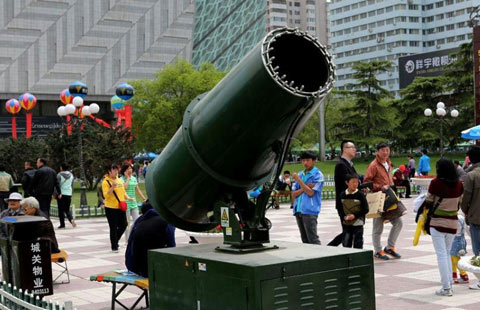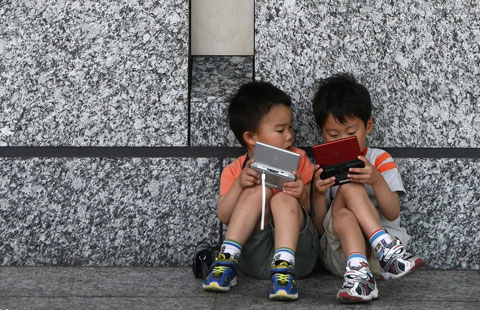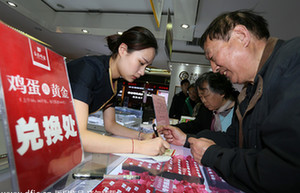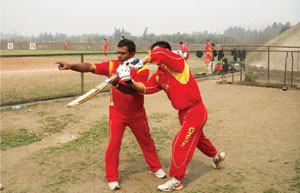Strength of resonance between Africa, China
By Bob Wekesa (China Daily) Updated: 2014-05-05 08:19The mid-1990s saw China's increasing confidence not only at home but also abroad as an emerging power - on all fronts. One can say that in the 1990s, China was keen to craft a new relationship with Africa, based on historical solidarity but also introducing what has come to be called win-win and mutual benefit relations. In this new approach, the aspirations of Chinese and African people would be based more on leveraging each other's comparative advantages than just ideological considerations.
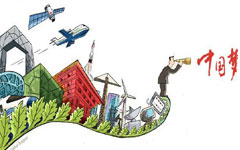 |
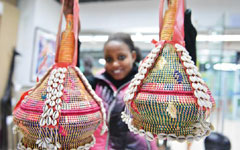 |
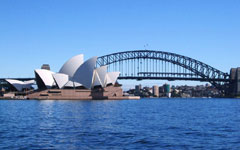 |
One of former Chinese president Jiang Zemin's last acts on the China-Africa collective aspirations front was the establishment of the Forum on China Africa Cooperation in 2000. Africa could not only have an alternative across geopolitical, economic and social organization considerations, but more importantly, have China as trading partner and source of much needed investments.
The early years of the 21st century saw many Africans beginning to dream about better livelihoods. Former South African president Thabo Mbeki even coined the phrase "African renaissance" as an encapsulation of the potential for Africans to rise above the poverty that had afflicted them. This resonated well with the new-found collective futuristic ambitions that the China-Africa cooperation forum portended.
From the above, one can argue that the Chinese Dream concept is not necessarily a new one as indeed the Chinese have over the years experimented with several models of development that are uniquely theirs.
The Communist Party of China and the Chinese state have all along sought close ties with their African counterparts. This is in itself a push for shared ambitions as the two regions attempt to climb the ladder onto levels of livelihoods largely taken for granted in the rich nations of the world. China remains a developing country, but also a leader in terms of moving toward a developed economy.
The author is a PhD candidate at the Communication University of China in Beijing and research associate at the University of Witwatersrand, Johannesburg, South Africa. The views do not necessarily reflect those of China Daily.
- Baosteel, Aurizon offer $1b for Aquila Resources
- New nuclear generating unit operational in East China
- China's manufacturing weakens, but at slower pace
- Profitability of China's listed firms rebounds in 2013
- China factory activity shrinks in April
- China's first mobile virtual operator launches business
- India's smarter-shopping Phenom
- China cartoon festival see $2.2b transaction

